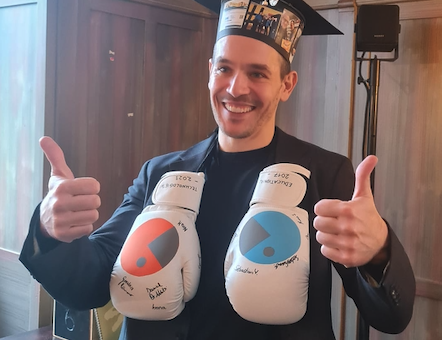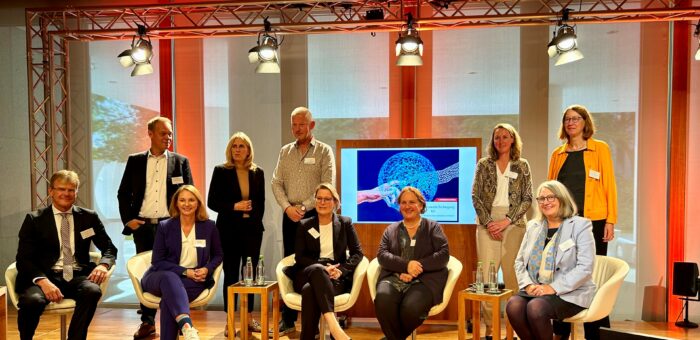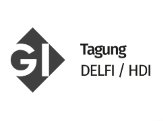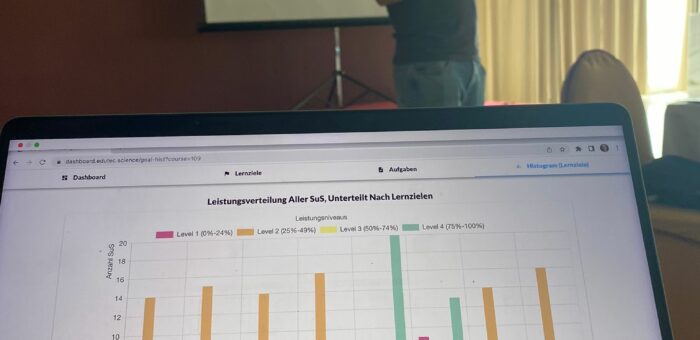
Interview in Zeit Online: Cell Phone Bans in Schools
In an interview with Zeit Online, Hendrik Drachsler explains his views on digitalization and cell phone bans in schools. He outlines that the hurdles associated with digitalization should be taken seriously, but that he is also very critical of extreme demands such as a complete ban on digitalization in schools. In his eyes it is important to differentiate between the usage of private devices and devices provided by the schools. Studies show that the use of private devices during the school day can distract students from learning and lower their concentration rates, for example during the private consummation of social media. On the other hand, the usage of tablets and AI during class can bring added value to the teaching process, especially while teaching complex concepts and with the individualization…









